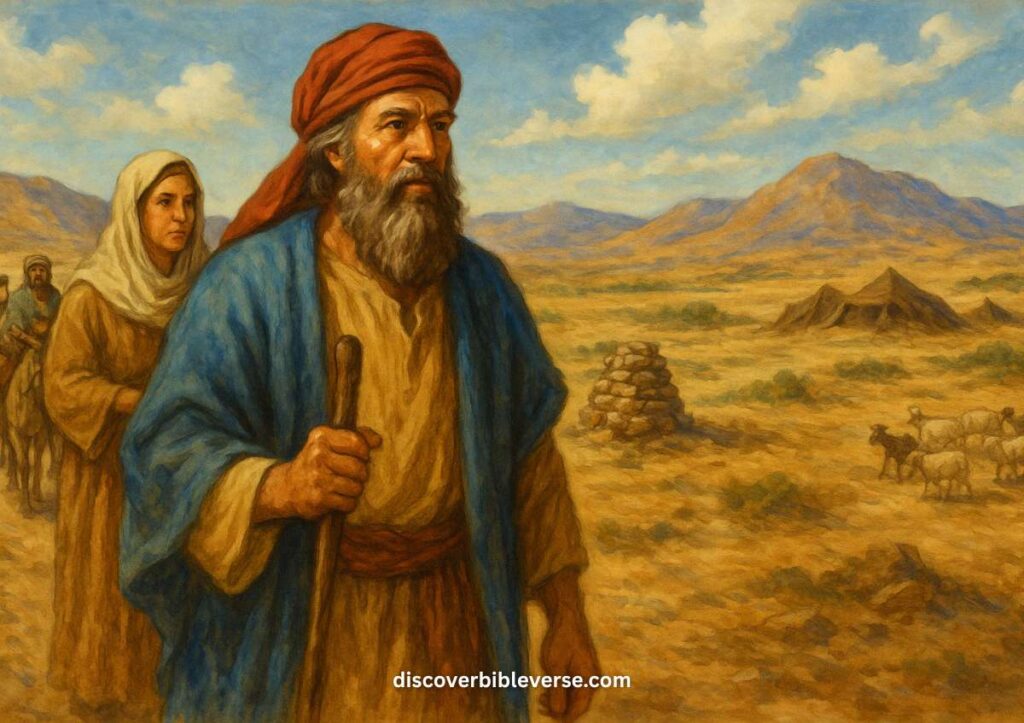
In a world of many gods and fading faith, one man stood at the crossroads of history—Abram, later known as Abraham. He lived in Ur of the Chaldeans, a prosperous city with its own customs, gods, and comforts. But Abram’s story would begin not with what he built, but with what he left behind.
One day, the voice of the one true God came to him with a divine call:
“Go from your country, your people, and your father’s household to the land I will show you.”
It was a call that demanded faith—a journey into the unknown.
God followed that command with a breathtaking promise:
“I will make you into a great nation, and I will bless you. I will make your name great, and you will be a blessing. I will bless those who bless you, and whoever curses you I will curse. And all peoples on earth will be blessed through you.”
Abram was 75 years old. He could have said no. He could have clung to what was familiar. But instead, he obeyed. He gathered his wife Sarai, his nephew Lot, and all their possessions, and set out for the land of Canaan—a place he had never seen but believed in because God had spoken.
When Abram arrived in Canaan, the Lord appeared to him again and said,
“To your offspring I will give this land.”
In response, Abram built an altar to the Lord, right there in the land of promise. Then he continued to travel, pitching his tent between Bethel and Ai, and again building an altar and calling on the name of the Lord.
This wasn’t just a journey across a map—it was the beginning of a covenant, a sacred partnership between God and a man who chose to walk by faith, not by sight. Abram didn’t know where he was going, but he knew the One who was leading.
The call of Abraham reminds us that God often invites us into the unknown so He can reveal His promises. Faith is not about having all the answers—it’s about trusting the One who does.